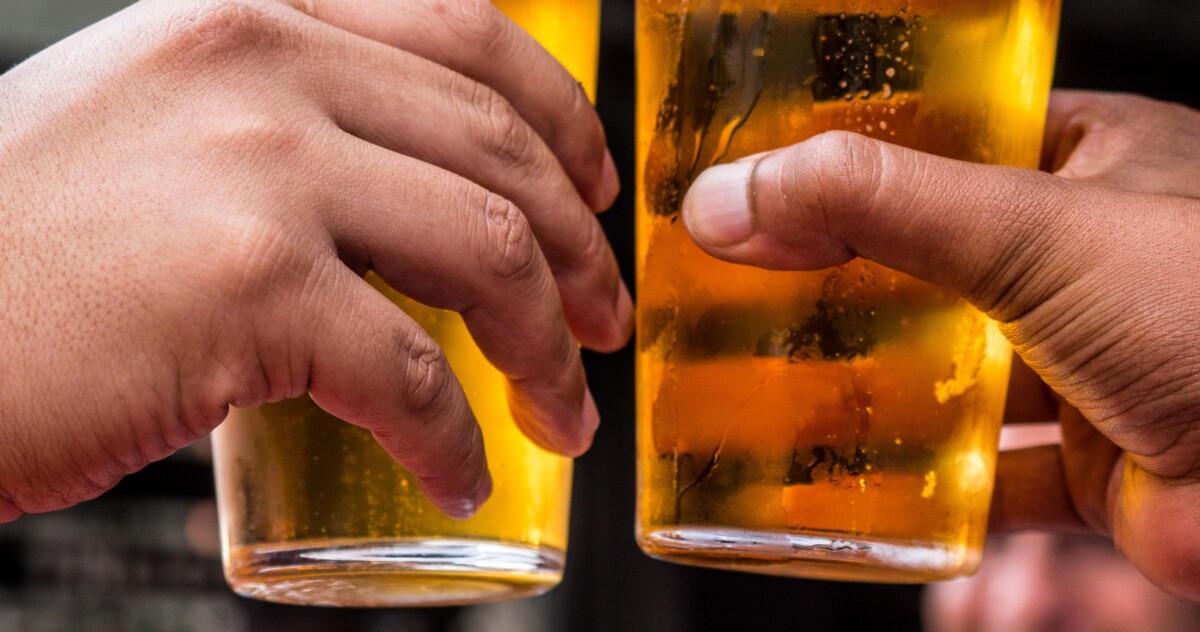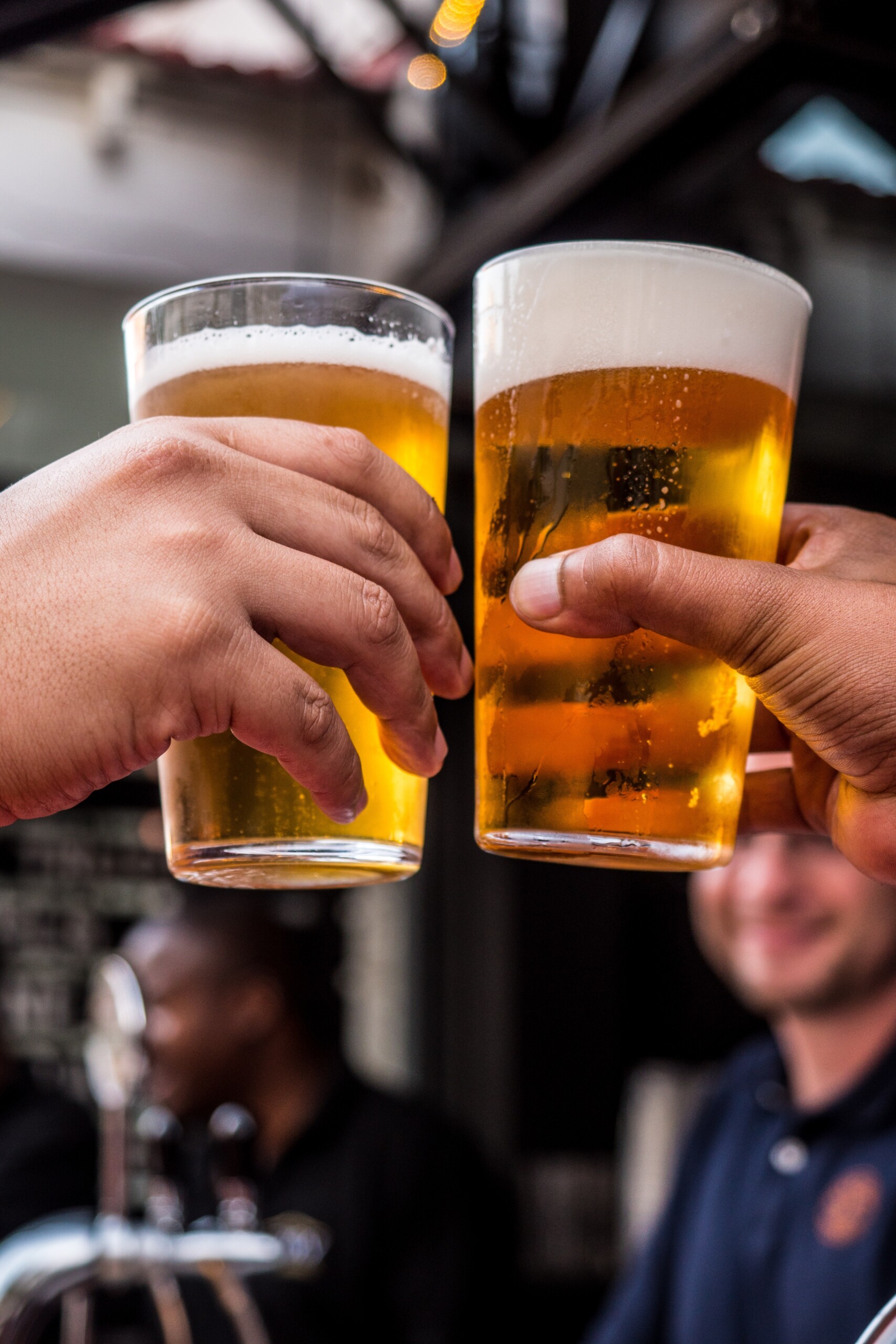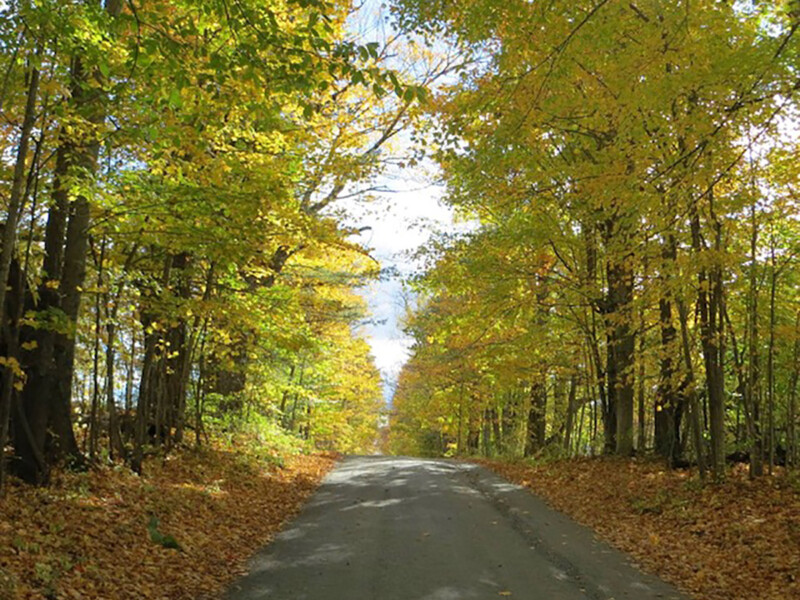
You have to feel for LAWSON’S FINEST LIQUIDS when it sought to register “CHINOOKER’D IPA,” sailed through the examination process and was almost home free when the owner of a Yakima, WA winery filed an opposition and launched what turned out to be seven long years of litigation, all for the right to register and use what is now a well-established trademark for one of Vermont’s flagship brewers.
“CHINOOKER’D,” a play on words for snockered – and which, in this writer’s view, could also be a play on words for “snookered,” which can mean “being put in a difficult position” – also relates to the Chinook hops that provide the pine, citrus and bitterness-malt balance for which CHINOOKER’D IPA is known.
CHINOOK WINES, a small winery in the Pacific Northwest, owned two registered trademarks for the word “CHINOOK”, one applied to wine and one applied to beer. As you will read below, the case resulted in Chinook Wines losing their trademark for CHINOOK beer and the case proceeded only on the CHINOOK mark for wine.
Chinook Wines challenged CHINOOKER’D IPA primarily with an argument that customers would confuse CHINOOKER’D IPA beer and CHINOOK wine, but they also advanced a tarnishment claim, arguing that CHINOOKER’D “has an undesirable and negative connotation of drunkenness,” and so would likely tarnish the reputation of his brand. For wine. Don’t get me wrong, tarnishment is a thing, specifically, a thing by which a trademark owner argues that the wholesomeness (or, in other cases, perception of quality) of his or her brand is likely to be diminished in the prospective consumer’s mind by the tarnishing effect of something unsavory, like something involving sex & drugs & rock & roll. Except maybe not rock and roll, but drugs and sex, and especially sex. To prove dilution by tarnishment, the brand owner must first prove the mark to be famous. After Chinook Wines proved its fame (an open question) it would then have to show that the reference to drinking alcoholic beverages, or drinking a lot of an alcoholic beverage, would likely tarnish the sparkling and wholesome reputation of a maker of an alcoholic beverage and so damage the value of its mark. It’s a stretch. But so was the precedential case on tarnishment, in which Victoria’s Secret objected to Victor’s Little Secret, which sold sex toys. Because, you know, heaven forbid anyone think Victoria’s Secret has anything to do with s-e-x. In any case, Chinook Wines perhaps saw the humor in a wine maker objecting to an association with drinking, as they didn’t advance the argument in any of their briefs and the claim was dropped early in the case. Too bad. Tarnishment claims are fun to write about.
So finally, last Friday, after so many years of litigation before the TTAB and then the U.S. Court of Appeals for the Federal Circuit, Lawson’s prevailed. The TTAB granted and the Federal Circuit affirmed Lawson’s right to register the CHINOOKER’D IPA mark. The opposer’s CHINOOK mark for beer is canceled, and CHINOOK wine carries on as before, with no likelihood of confusion between the two. Boom.
There are a few lessons to take from this saga.
- Litigation can take forever. Plus a day. Not all oppositions last this long, even if they fail to settle and proceed to trial, but if both parties are committed to the marks they have invested in, a great deal of time and resources must be further invested to protect that valuable intellectual property. Here, the parties clearly determined they each had much to lose.
- Oppositions can endanger the opposer’s own mark. It is not uncommon for the challenged applicant to respond with a counterclaim to cancel the opposer’s mark if a ground can be found, and here, it was. Through this litigation, Chinook lost its mark for beer, which it had registered, maintained and occasionally licensed to others since 1992. If you plan to oppose a trademark application that you believe would infringe on your mark if registered, make sure your mark is rock-solid and your priority can be documented before you proceed. Here, the TTAB found a few things that gutted Chinook’s mark for beer: a) CHINOOK is a generic term for beer brewed with Chinook hops and would likely be fraudulent for beer not brewed with Chinook hops; b) Chinook likely never brewed beer under the Chinook name and only licensed the mark to Redhook Ale six or seven years later, after it had already abandoned the mark; and c) though the TTAB didn’t have to decide whether it was so, it signaled that Chinook likely abandoned its rights when it failed to monitor the quality of the products produced under license. But none of this would likely have happened had the Washington wine maker not challenged CHINOOKER’D IPA. Had it not gone to the mat, it would likely still have its CHINOOK beer trademark from which its was (presumably) generating some royalty income.
- Use it or lose it. It appears that notwithstanding Chinook’s use-in-commerce filing basis in the 1992 trademark application, he may never have actually sold a beer under the mark. If true (it was not established, but neither was it refuted), this would be a fraud upon the USPTO. On top of that, for the three years that followed, it still did not use the mark. By this failure, he abandoned the trademark and was vulnerable to cancellation. The takeaway here is: use your trademark. Use it like a trademark and sell your stuff – all the stuff (or services) for which you registered the mark – under it. Trademarks are not intended to be a monopoly on language – they do not exist apart from the goods or services with which they are associated.
- Monitor your licensees. The TTAB made only passing mention of Chinooks Wines’ apparent failure to monitor production of beer under the mark they licensed to others because the TTAB canceled the mark for other reasons, but it still reminds us that when you license use of your trademark, you have a duty to monitor the quality of the goods being made under your name. Any license of your trademark should include, among other things, a right to inspect products from time to time and you should actually do it. Failure to monitor the quality of products produced under your mark could result in a complete loss of your trademark rights!
- Beer and wine are usually found to be related for trademark purposes; for other alcoholic beverages, “It’s complicated”. The relationship of alcoholic beverages to one another for the purposes of trademark protection is a continuing issue for producers of beer, wine, cider, spirit, FMBs, other alcohol crafts. In this non-precedential case (ie, it doesn’t set a rule for other cases to follow), the TTAB found beer and wine to be related goods. In other cases, particularly involving other pairings, it may be less clear as it will depend on the information specific to that case.
Ultimately, the CHINOOK / CHINOOKER’D IPA case came down to whether CHINOOK for wine and CHINOOKER’D for beer were sufficiently similar to cause the average beer- and wine-buying consumer to think the two products come from same source or are in some way associated. The TTAB decided they were not similar. Although “CHINOOKER’D,” incorporates the whole of “CHINOOK” and is therefore similar in appearance and sound when spoken aloud, the two marks have an entirely different connotation and, therefore, a different “commercial impressions.” The opposer’s mark, for wine, suggests the Pacific Northwest and, in that territory, consumers would more likely think of the indigenous (Chinook) people of the region, a warm dry wind known locally as the Chinook wind, or the region’s famous variety of salmon. Lawson’s mark, on the other hand, is a play on words representing “getting snockered (i.e., drunk) on a beer made from Chinook hops,” which has nothing to do with – and its New England buying public wouldn’t likely think of – the Chinook people, Chinook wind, or Chinook salmon. In addition, as both products are, in practice, marketed in separate regions, the consumers who have these regional associations wouldn’t likely encounter the products of the other. Finally, as the TTAB found that Chinook is generic for beer made with Chinook hops, only a mark that goes beyond the bare word “Chinook” will be distinctive enough to be protectable. In this case, Lawson’s CHINOOKER’D IPA passed the test.
Featured Photo by Tembela Bohle from Pexels
.





